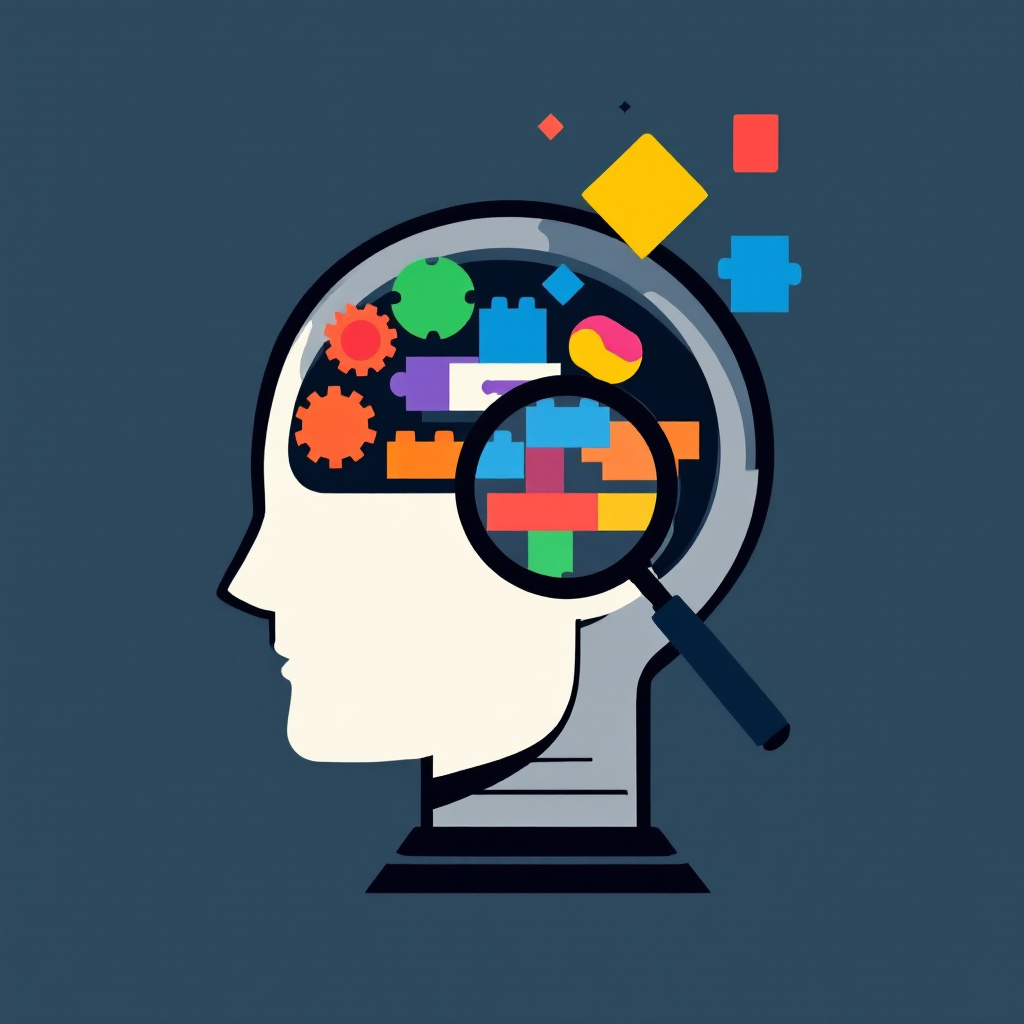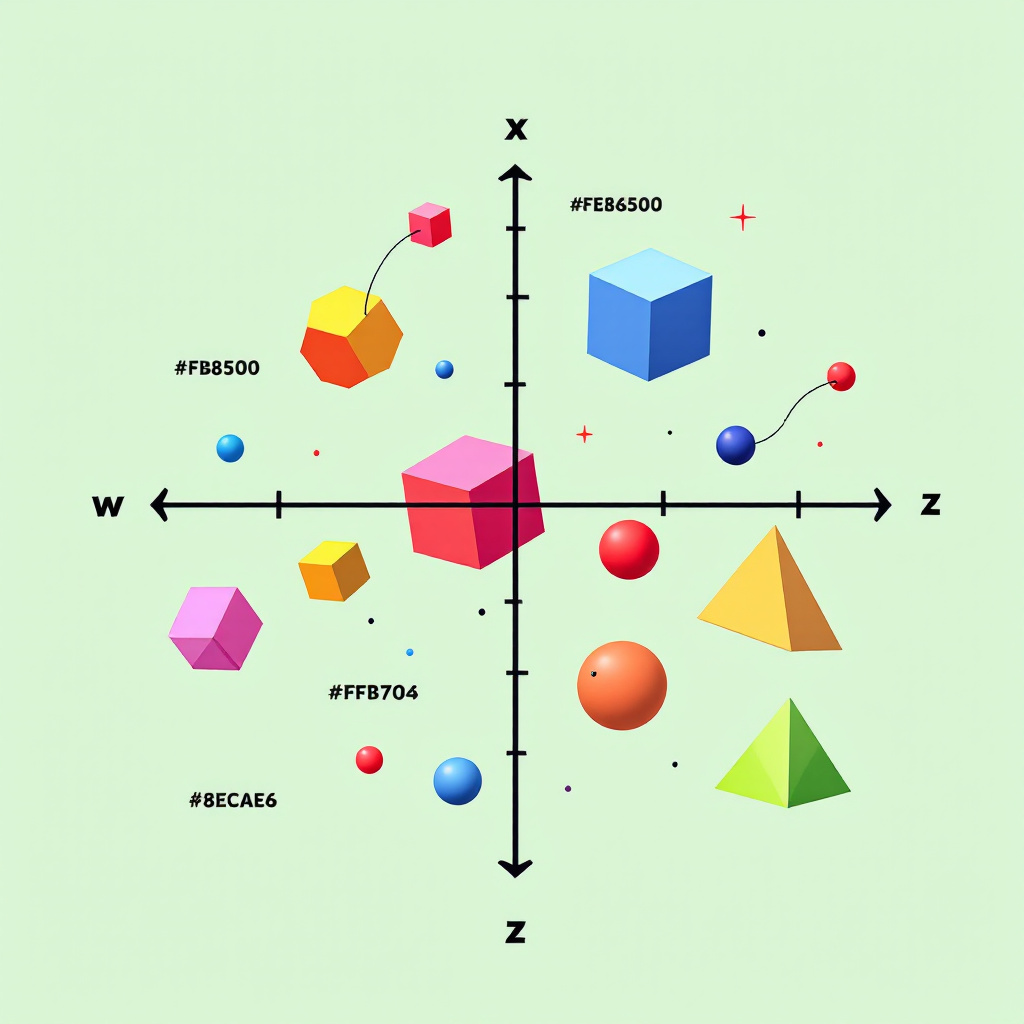You know what's funny about the most recent AI revolution? It's actually pushing us to be more... human. I've spent decades watching the SEO world evolve from keyword stuffing (1997 Seth is 100% guilty of this) to content farms (meme sites anyone?) to whatever the next "guaranteed page one ranking" trick happened to be. More recently, with AI churning out content faster than a caffeinated squirrel hoarding nuts, something unexpected has happened: authentic human expertise has become more valuable than ever.
This has happened before, even in my lifetime. Phones at small businesses used to be answered by employees. Then, automated answering systems came along promising to be more useful and to "increase efficiency." We learned pretty quickly that "do y'all got any olive oil in stock" and "we're closed because the power went out" aren't things automated phone systems are instinctively able to answer. Automated voice systems aren't quite as useful as originally promised. This is what I'm seeing happen in web content creation, resulting in what I'll call an SEO paradox.
After decades of trying to optimize content to appease "the algorithm", we're suddenly finding ourselves scrambling to optimize for humans again. Not because the algorithms got worse, but because they got better - way better - super duper better. I'd say they're so good at detecting value that all our clever tricks for gaming the system have become obsolete. And with AI flooding the internet with mediocre content, the only way to stand out is to be genuinely, authentically useful.
We've basically come full circle. Maybe you're old enough to remember the old Yahoo directory? It was curated by actual humans who read and categorized websites. We thought that approach was doomed because it couldn't scale.
Let's talk about how we got here, where we're headed, and why your authentic human voice might be the most powerful SEO tool you never knew you had.
The Evolution of Search: From Human Eyes to Robot Overlords
Back in the olden days (aka the mid-90s), Yahoo was king. Their approach was simple: hire smart people to read websites and organize them into categories. The system wasn't perfect by any means, but it worked surprisingly well. Then, the internet exploded - I'm going to guess that happened somewhere between 1999 and 2002.
During the great explosion a misspelled number became the hot new thing: Google. Their PageRank algorithm revolutionized search. Instead of humans poring over websites, we had mathematical formulas analyzing about a million factors that nobody outside of Mountain View really understood. This kicked off what I believe is the beginning of the "SEO arms race."
The pattern was as predictable as the weather - an awful yet somehow accurate analogy - Google would update their algorithm, SEO nerds would figure out how to game it, Google would update their algorithm, SEO nerds would figure out how to game it, and round-and-round we went. First it was keyword stuffing (hello, off-white text on off-white backgrounds!), then link farms, then "content marketing" that I feel was really just dressed-up spam. Personally, I was a fan of changing the content of the site based on the user agent; Firefox browsers got the pretty website and Google's Crawler received an SEO optimized abomination. Hehehe.
Then, as predictably as the weather, an AI content hurricane hit. Suddenly, anyone who knew what an API key was could generate unlimited "unique" content faster than you can say "multi-headed attention mechanism." The web started drowning in articles that were technically correct but somehow soulless. You know the ones I'm talking about - they read like they were written by someone who's learned everything they know about being human from reading Wikipedia articles.
It's ironic, this flood of AI content has actually made Google's job easier. When everyone's using the same language models to generate content, it becomes pretty obvious what's authentic and what isn't. It's like when you were in school and the teacher could instantly tell which students copied from the same source - except now it's happening at web scale.
This brings us to today, where we're watching the SEO arms race essentially implode. The tools got so sophisticated that they circled right back around to favoring what humans wanted all along: actual, genuine, useful content.
The Human Comeback: We Have Cake
Sounds easy! But, what does "optimizing for humans" actually look like? Well, as is with tradition, it's both stupid easy and stupid hard. Easy because you don't need to memorize hundreds of technical rules. Hard because - surprise! - being genuinely helpful is genuinely hard.
You know all those technical SEO elements we obsess over? They're not gone - they're back to their original purpose: to serve the human consuming the webpage. You still need good site structure, clean URLs, an easily visible heading, and fast loading times. But, you don't need these elements in order to rank at the top of an AI overview. Instead, you need these elements as the foundation for a useful webpage.
With that foundation in place, here's what actually moves the needle now:
- Real expertise that shows through in the details. When you've actually done something hundreds of times, you know the little gotchas and the human experience that AI can't - yet - replicate.
- Personal voice and style. I could write this article in standard formal English, or in a proper academic tone, but then it wouldn't be Seth. Each person's unique voice is like their fingerprint - it's actually really hard to fake, even for AI! Really, every time I try to get AI to write like me it takes metaphors way over-the-top, makes up cute experiences that I've never had, and somehow under-exaggerates how long I've been working.
- Current experience. AI can tell you what worked in 2022 because that's what it was trained on. You can tell people what's working right now, because you're actually in the trenches doing the work.
- Real, actual interaction with your audience. The comments section isn't just for SEO juice anymore - it's where you prove you're a real person who cares about helping others. Certainly!
When you focus on these elements, traditional SEO metrics will follow naturally. It turns out Google's end goal was the same all along - they want to connect people with genuinely helpful content. Wait! Let me try that again. They want to connect consumers to brands, and the most profitable way to do that is to be genuinely helpful. Ah, Capitalism.
SEO is Dead! Long Live SEO!
Let's tie this up. Be genuine, know what you're doing, do what you know, be helpful, and use technical SEO to make your website more human-user friendly. What we've called SEO is less useful in the world of "AI Overviews" because ranking number one doesn't matter as much as being an authoritative voice. Now let's go out there and overwhelm the Dead Internet Bots with real human interactions! Good luck out there.
-Sethers



